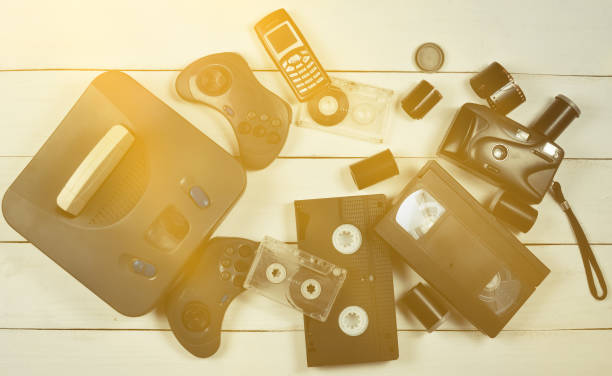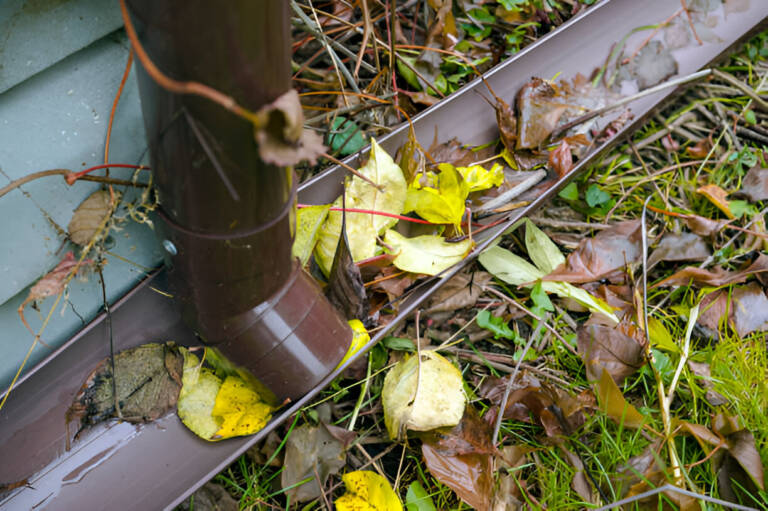Nostalgia has a way of sneaking up on you. A song from high school plays on the radio, and suddenly you remember the smell of your first car’s cracked vinyl seats. A friend sends you a blurry photo from a college party, and you’re instantly back in that room, laughing until your face hurt. These aren’t just warm feelings, they’re powerful reminders of how the past shapes who we are. Far from being a distraction, nostalgia can actually steady us in uncertain times and even push us forward with more clarity than we’d expect.
The Science Of Looking Back
Psychologists have studied nostalgia for decades, and the findings are surprisingly consistent: reminiscing about the past tends to improve mood, increase feelings of social connection, and even boost resilience. The reason is fairly simple. When we recall meaningful memories, our brains respond almost as if we’re reliving the moment. The emotions tied to those experiences resurface, and they can soften the edges of a stressful present. People who feel isolated often turn to nostalgic memories of family gatherings, friendships, or shared cultural touchstones, and those reflections remind them they belong to something larger. What’s fascinating is how universal this is. Whether you grew up in the suburbs, the city, or halfway across the world, your own version of nostalgia provides the same psychological safety net.
When The Past Meets the Internet
Not long ago, nostalgia meant flipping through old photo albums or dusting off VHS tapes. Now it has a digital dimension, and it’s accessible in ways our parents couldn’t have imagined. Old high school friends reconnect on social networks, long-lost songs get rediscovered on streaming platforms, and even yearbooks resurface in online marketplaces. It’s no coincidence that platforms catering to memory-sharing thrive. People want to anchor themselves in familiar images and stories. For example, Classmates.com lets you purchase yearbooks online, and what might seem like a novelty becomes a real lifeline for someone wanting to reconnect with their teenage identity or find a missing piece of their family story. Technology has essentially become a time capsule, one that can be opened at will to summon the past into the present. That convenience has changed nostalgia from a fleeting feeling into something we can interact with almost daily, reshaping how we process both memory and identity.
Nostalgia As A Creative Spark
Looking back doesn’t just make us feel good, it can also fuel our imagination. Artists, designers, and entrepreneurs often draw from the past when crafting something new. Nostalgic references give their work texture and meaning, grounding it in collective experience. A fashion brand revives silhouettes from the 70s and suddenly they feel fresh again. A filmmaker uses retro camera techniques and the movie feels both original and familiar. That’s the strange alchemy of nostalgia: when handled well, it isn’t about repeating the past, but reinterpreting it. Even outside professional creativity, nostalgia can inspire people in personal ways. Remembering an old hobby might push someone to pick it up again, or recalling a childhood dream might inspire a career shift. For many, revisiting old passions provides a foundation for new projects. That’s why people so often find themselves brainstorming custom projects ideas after reconnecting with their own history. The act of remembering doesn’t trap us in what once was, it energizes us for what could be.
The Comfort In Shared Memories
What makes nostalgia especially powerful is how social it becomes. Memory doesn’t just exist in our individual minds, it lives in the overlap between people. Talk with a sibling about your childhood and you’ll quickly realize how much of your past has been shaped together. Sit around with old friends and stories start layering over each other, turning into a kind of communal history. This shared nostalgia builds bonds that don’t easily break, even when life pulls people apart. It also explains why cultural nostalgia resonates so strongly. A TV show, a blockbuster movie, or a band that defined an era can still bring total strangers together decades later. These aren’t shallow connections, they’re rooted in a deep recognition of having lived through something in common. In a world that often feels fragmented, that reminder of shared ground can be invaluable.
The Healing Power Of Nostalgic Rituals
Nostalgia has another role, one that feels especially important during periods of upheaval. People naturally reach for rituals that connect them to the past when the present feels overwhelming. Cooking a recipe your grandmother once made, decorating with heirlooms, or revisiting a childhood vacation spot aren’t just sentimental gestures. They’re ways of grounding yourself in continuity, reminding you that your life has a story that stretches across time. Psychologists note that nostalgia is particularly helpful in combating anxiety and loneliness, two conditions that tend to thrive in modern life. The sense of rootedness it provides creates stability. Rituals become anchors, not just to the past but to a broader sense of self. They remind us we’ve survived challenges before, and we’ll likely do so again.
Nostalgia As A Bridge To The Future
The greatest misconception about nostalgia is that it traps us in yesterday. In reality, it can be a bridge. By recalling what’s mattered most to us, we learn what still matters and what we want to carry forward. Nostalgia can guide choices about relationships, careers, even values. If remembering your first apartment makes you long for a sense of community, you might choose a neighborhood where people know each other by name. If you find yourself constantly returning to childhood trips spent outdoors, you may prioritize time in nature now. The past becomes a compass, pointing toward the kind of life you want to build. It’s not about recreating old circumstances, but extracting what they represented and weaving it into a new context. When seen that way, nostalgia isn’t just a look backward. It’s a way of charting a course forward with a clearer sense of direction.
A Lasting Note
Nostalgia, at its best, isn’t about living in the past. It’s about giving ourselves permission to revisit what shaped us, to remember joy, and to use those memories as raw material for the present. In an era that constantly pushes us toward what’s next, taking a deliberate pause to look back can be surprisingly radical. It keeps us connected to ourselves, to each other, and to the experiences that made us who we are. That’s not weakness, it’s strength. And it’s proof that sometimes, the surest way to move forward is to let the past walk beside you.






